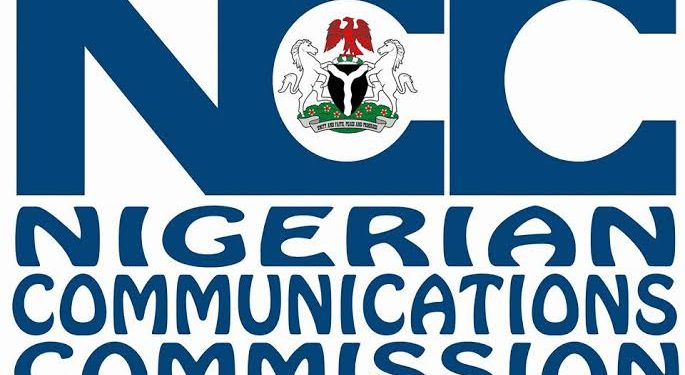In a significant move to bridge Nigeria’s widening digital divide, the Nigerian Communications Commission (NCC) has partnered with the Association for Progressive Communications (APC) and other institutional stakeholders to address long-standing challenges surrounding rural network connectivity across the country.
This collaboration culminated in a two-day high-level workshop held in Abuja from June 3 to 4, 2025. Themed around enabling policy frameworks for community networks, the event sought to advance digital inclusion and drive socio-economic development in Nigeria’s underserved and unserved regions.
According to a statement by Mrs. Nnenna Ukoha, Acting Head of Public Affairs at the NCC, the forum brought together an array of participants, including regulators, community leaders, technical experts, and potential foreign investors. Discussions centered on eliminating policy and regulatory hurdles, promoting innovative financing models, supporting renewable energy solutions for rural infrastructure, and deepening stakeholder collaboration for sustainable digital connectivity.
In his opening remarks, the Executive Vice Chairman of the NCC, Dr. Aminu Maida represented by Abraham Oshadami, Executive Commissioner, Technical Services—emphasized the importance of multi-stakeholder engagement in confronting the barriers that continue to prevent full digital access in rural Nigeria.
“This workshop presents an opportunity to harness the insights and expertise of diverse stakeholders,” Maida stated. “We must address issues such as device affordability, licensing, spectrum allocation, infrastructure deployment, sustainability, and institutional oversight.”
He reiterated the Commission’s commitment to digital inclusion and described community networks as a transformative model that holds the potential to uplift neglected regions. “At NCC, we believe in the power of community-driven networks to democratize access to connectivity. This forum represents a catalyst for meaningful change where every Nigerian, regardless of location or status, can access opportunities enabled by the digital economy,” Maida said.
Also speaking at the event, Kathleen Diga, Co-manager of APC’s Local Network (LocNet) initiative, said the goal of the collaboration was to confront systemic hindrances to digital inclusion and empower grassroots connectivity efforts.
“This is a space for open exchange and idea-sharing,” Diga noted. “We believe this is a unique opportunity to pursue a bottom-up approach through small social enterprises, cooperatives, and local communities that can effectively address digital gaps.”
Diga further stressed that community network models are gaining traction globally, particularly across the global south, where they have become a strategic response to digital exclusion. She urged Nigerian policymakers to formally recognise these efforts and craft inclusive policies that reflect the realities of unconnected communities.
The workshop featured technical presentations from key agencies including the NCC, APC, the Rural Electrification Agency (REA), and the Central Bank of Nigeria (CBN), all highlighting the interconnection between digital access, financial inclusion, energy availability, and national development.
APC, an international network organization with over 35 years of experience, is focused on promoting affordable and inclusive connectivity. Through its LocNet initiative, the association is actively supporting Nigeria and other countries in the global south to create enabling environments for the growth and formal recognition of community networks.
The workshop marked a pivotal step toward shaping a collaborative regulatory framework that supports community-led internet infrastructure in Nigeria, offering a promising pathway for millions of Nigerians still locked out of digital access.










